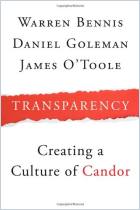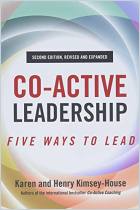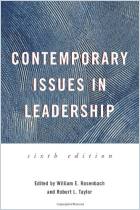Rejoignez getAbstract pour lire le résumé !

Rejoignez getAbstract pour lire le résumé !
Warren Bennis and David A. Heenan
Co-Leaders
The Power of Great Partnerships
Wiley, 1999
Aperçu
Would Bill Gates be content being Steve Ballmer? Would Bush (W) want to be Cheney? That’s the co-leader query: Could you leave your ego at the door to become part (if only the number two part) of a ruling pair.
Recommendation
Although the business press likes nothing more than the rise and fall of mighty corporate monarchs, authors David A. Heenan and Warren Bennis (co-leaders themselves, clearly) contend that today’s most important management trend is the movement toward collaborative leadership. While it’s become common wisdom that the lightening-fast pace of contemporary business demands more flexible command structures than traditional corporate hierarchies can provide, the cult of personality still dominates public perception. Heenan and Bennis present compelling theory as a basis for their co-leadership model, and reinforce their thinking with a string of examples of executive dynamic duos, like Gates/Ballmer, Grove/Barrett and Merrill/Smith. The case histories are not used to blindly buttress the authors’ point, however. The bloody Eisner/Ovitz debacle at Disney is presented in gruesome detail, an apt illustration of the danger of ego in a collaborative age. getabstract.com recommends this book as required reading for any corporate executive.
Summary
About the Authors
David A. Heenan is a trustee of the estate of James Campbell, one of the nation’s largest landowners, with assets valued at more than $2 billion. A former senior executive with Citicorp and Jardine Matheson, Heenan has served on the faculties of the Wharton School and the Columbia Graduate School of Business. He is the author of The New Corporate Frontier and The Reunited States of America. Warren Bennis is Distinguished Professor of Business Administration at the University of Southern California and a consultant to multinational companies and governments. Bennis is the author of more than a dozen books, including the bestsellers Leaders and On Becoming a Leader. His insights have fundamentally shaped the way we think about leaders today.



























Comment on this summary